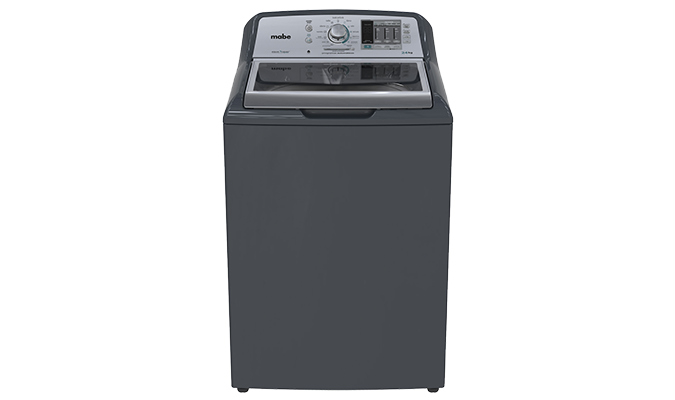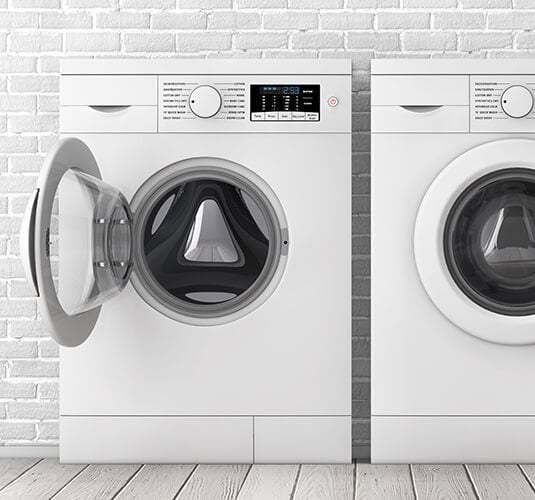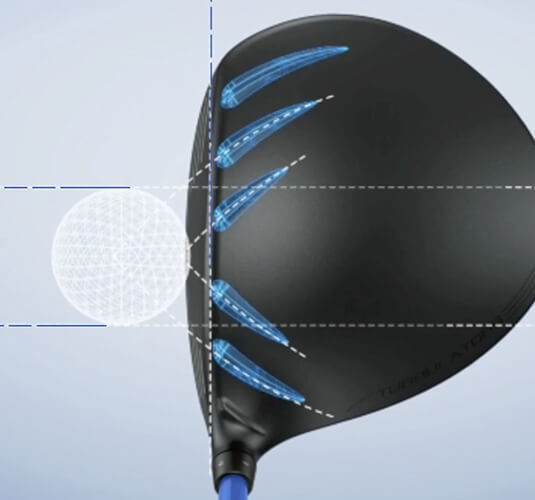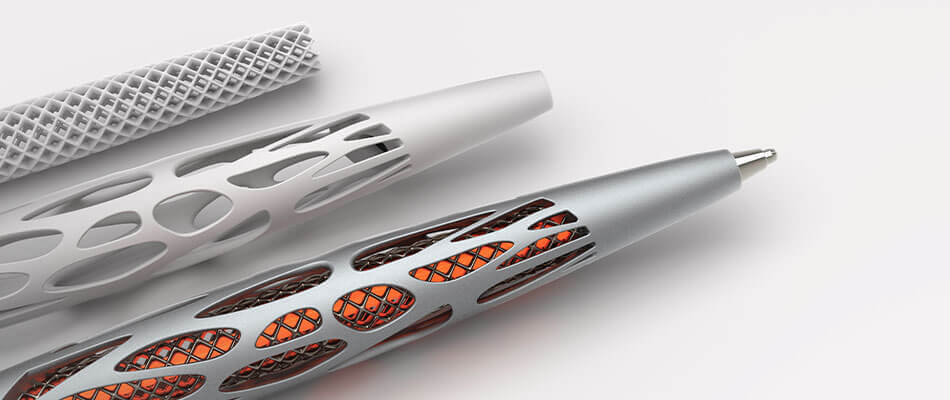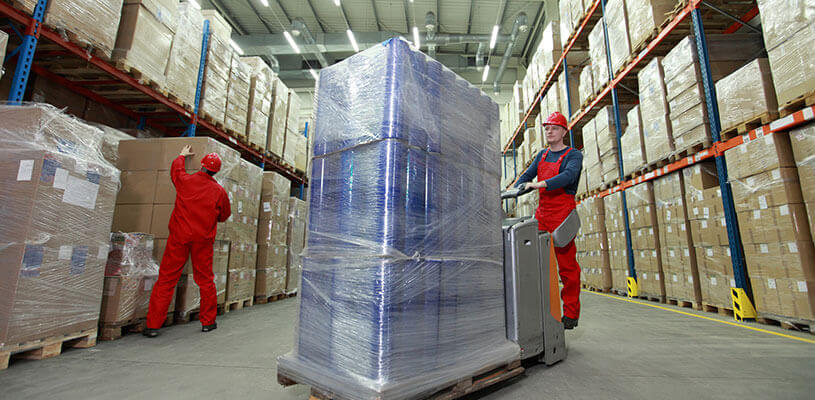
Consumer Goods
What makes consumers loyal to a product? There are many factors ranging from sensory perception to quality and durability, and now more than ever, the sustainability of the product and its impact on the planet. Consumers use the same factors to judge all products no matter if it’s a dishwasher, athletic shoes, or mobile phones. Altair’s broad portfolio of solvers helps in every step of design.
Enhancing Product Design with Multiphysics
Consumer products of all kinds must be designed to withstand the structural and operational requirements associated with normal use, drop, and misuse, all while balancing weight and cost considerations. Altair solutions enable simulation of structural, thermal, and fluid properties, vibration, electromagnetics, and manufacturing constraints in an integrated multiphysics environment.
IoT-enabled Connected Devices
Simulation is required to design and integrate sensors and antennas for a wide range of connected wearable devices. Tools for antenna design and placement ensure signal reliability and compatibility, while Internet of Things (IoT) software is deployed to collect data gathered by the device’s sensors and transfer it to manufacturers for remote maintenance and product life improvement insights.
Product Validation Shortens Time-to-Market
Manufacturers dedicate large amounts of time and expense to physical prototyping to validate product performance. Simulation can dramatically speed up time-to-market by enabling the testing of multiple design concepts and variables virtually. Multiple variants can be efficiently tested at a massive scale without physical testing and repeated redesign iterations. Replacing even one prototyping cycle with simulation could mean getting products to the market months faster than the competition.
Want to simulate plastic components accurately? We can help.
Learn MoreFrom Conceptual Design to Reality
Consumer products are all about the user experience. Whether it is the initial impression of the packaging and shelf appeal, to the user interaction and interface, Altair can help. Altair® Inspire™ Studio allows industrial designers to develop products faster, facilitating initial sketching and exploration of styling alternatives, as well as development of photo-realistic renderings. With organic surface modeling and parametric control, and a unique construction tree history feature, designers can focus on their ideas instead of struggling with the design technology.
Altair’s industrial design services can help customers with everything from user research, to branding, to design and prototyping.
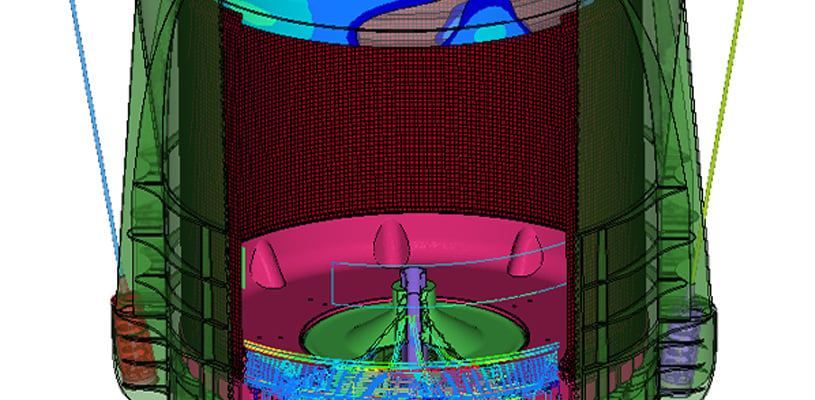
HPC Driving Product Innovation
The consumer goods industry is fast paced and highly competitive, with designs becoming increasingly complex while the timeline for production shrinks. Companies must innovate and develop new products quickly to retain and attract new customers. To keep up with the pace of today's innovation, manufacturers needs to get faster insights on their most complex simulation and optimization jobs. Altair’s high-performance computing and cloud tools enable users to easily set up, submit, and monitor large simulation and optimization jobs on local or cloud compute resources.

Innovative Engineering for Sporting Goods Performance
Sporting goods manufacturers are often at the forefront of the use of advanced materials to drive peak performance. Designers of tennis rackets, hockey sticks, racing bicycles, and more take advantage of simulation, automation, and optimization to reduce design cycle time and enhance product value. Altair helps them to model the behavior of advanced composite materials and accurately map simulation data to test results to validate designs.
With more than 30 years of crash and safety biomechanics experience, Altair also supports manufacturers of sporting goods with modeling complex human-product interaction. Leveraging detailed anthropomorphic structures and powerful nonlinear structural analysis technology, we help companies merge biology with technology and bring innovative products like concussion-prevention football helmets to the consumers that need them.
Packaging Optimization Cuts Cost and Development Time
Many economical gains can be made also by improving the processing and packaging needed for consumer products. Altair has the experience and expertise to simulate and tune manufacturing processes for optimal performance and cost as well as optimize product packaging for protection against shipping and abuse conditions.
Altair’s solutions for process manufacturing enable detailed analysis and visualization of the flow of particles, like powders and tablets, through process segments and handling equipment. These simulation insights can reduce manufacturing risk and shorten product development cycles.
Featured Resources
-png.png?sfvrsn=e1f7f1d3_0)
Sound and Simulation: Designing a Smart Speaker
Speaker design and analysis, especially for a more complex product, system, or component, often requires building multiple simulation models. The loudspeaker development process involves multi-physics and multiple sources in parallel, to multiple simulation runs for prototyping, testing, and validation. This results in separate models for nonlinear analysis of strength, thermal analysis and stiffness, noise, vibration, and acoustics. Even though each model isn’t always built from scratch, typically the use of different solvers for each attribute will require that models need to be converted from one solver format to another. This practice is not only time consuming but frequently error prone resulting in an inefficient use of engineering time.
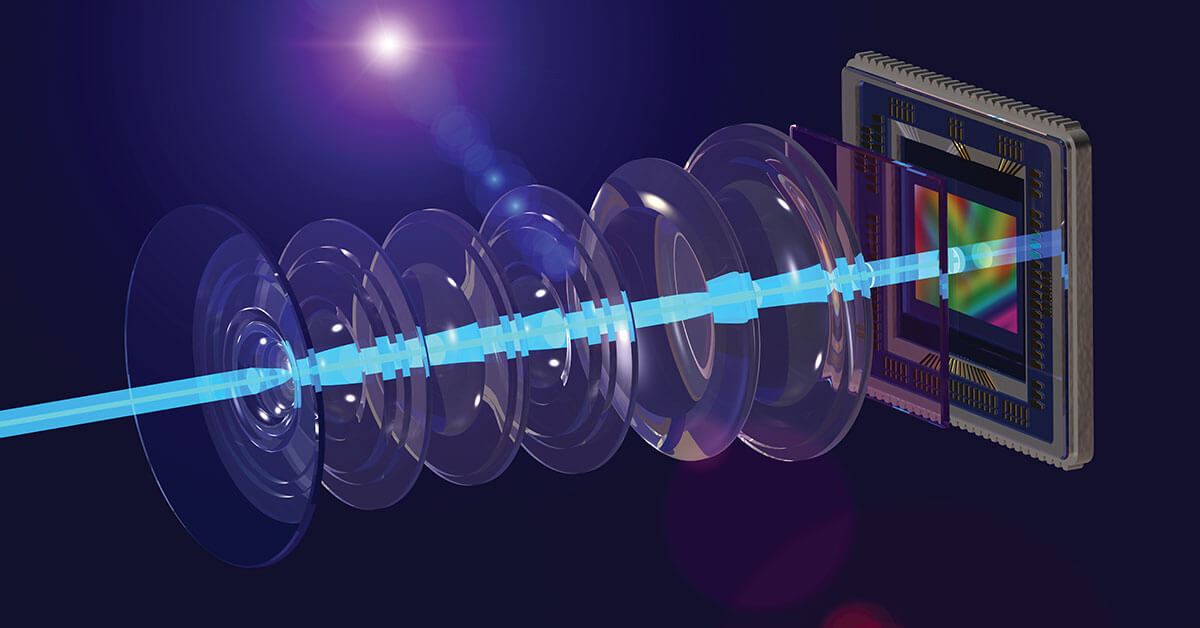
Optimal Design for Cell Phone Cameras - Motorola Mobility uses Simulation of Voice Coil Motors in Consumer Cameras
The competitive consumer device industry has quick time-to-market deadlines. Smartphone cameras use voice coil motor (VCM) actuators to translate a lens in three degrees of freedom in order to bring an object to focus on the image plane and to optically stabilize the camera. To ensure optimal design, the Motorola Mobility team selected Altair Flux™ to simulate the entire VCM and camera system. Flux allowed the team to quickly validate designs and ensure that the part compatibility and camera performance met the design targets. Other devices within the phone, such as speakers, antenna shields, accessory magnets etc. can affect the VCM performance due to magnetic interference. With Flux, the team simulated the entire VCM and phone layout, accounting for all possible magnetic interference from other devices.

Virtual Design and Testing of a Medical Autoinjector, Project Overview
Sweden-based Nolato, a global provider of injection molded parts for numerous industrial and medical applications has developed Nolava as a collaborative project with companies including Altair and Avalon Innovation. Nolava is Nolato’s medical self-injector, a complex electro-mechanical device housed in an injection molded fiber-reinforced plastic body. Within this presentation different aspects of the product design cycle are considered, including co-simulations of the device operation during the actual injection process, misuse in case of forceful bending or opening of the loading tray, and drop tests of the autoinjector. Based on Altair’s optimization technology, alternatives for the rib structure of the casing are investigated. To assure manufacturability, molding and assembly simulations are performed to identify and mitigate problems likely to occur throughout the process.

How Whirlpool Evaluates and Validates Concepts in Minutes with Altair SimSolid
In this webinar, Alexandre Luis Marangoni, Senior CAE Engineer at Whirlpool Corporation discusses how they validated SimSolid against FEA solver results, then implemented the tool into their concept design processes. SimSolid is used at Whirlpool to quickly evaluate concept feasibility, answer critical design questions, and deliver designs to project teams faster than ever before. Altair will demonstrate additional powerful functionality of SimSolid, preview the upcoming SimSolid 2020 release, and introduce an exciting new integration with Altair Inspire. Inspire's award winning user experience for geometry creation and modification can be learned in just a few hours, and now delivers SimSolid's speed and accuracy for structural analysis. For users without access to CAD software, Inspire and SimSolid combine to enable interactive geometry modification while analyzing large assemblies and complex parts, all within one common user interface.


